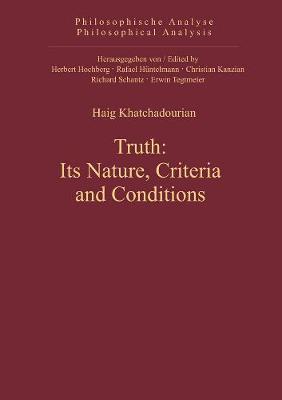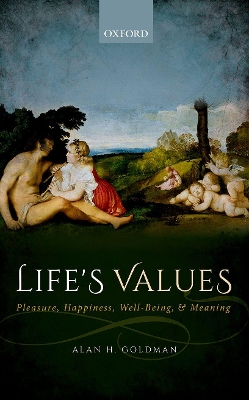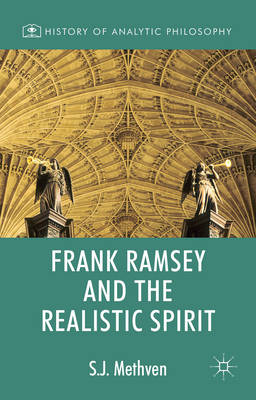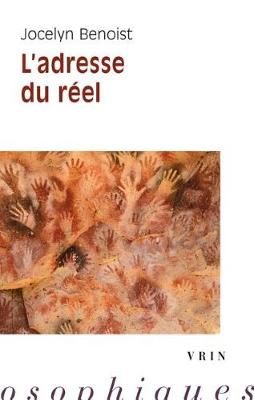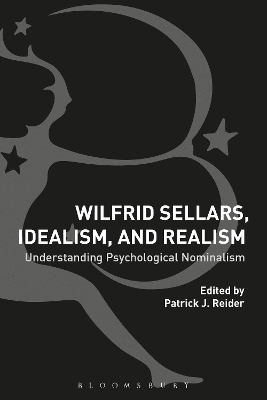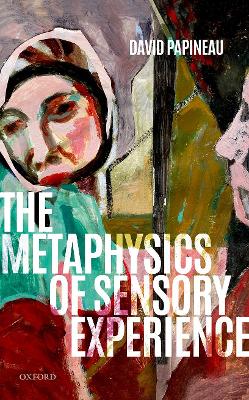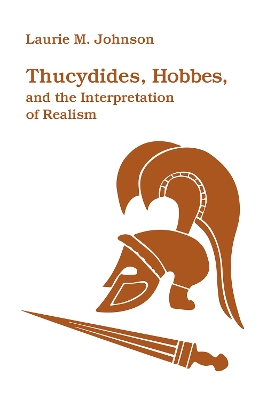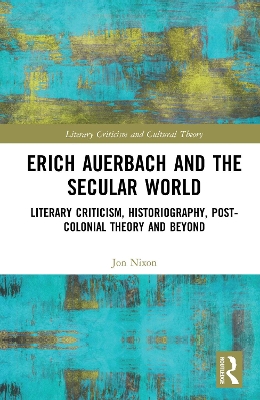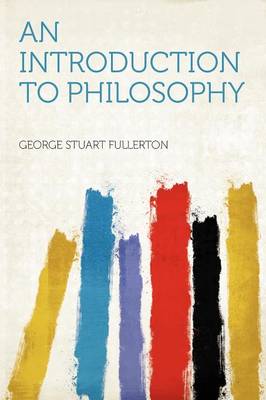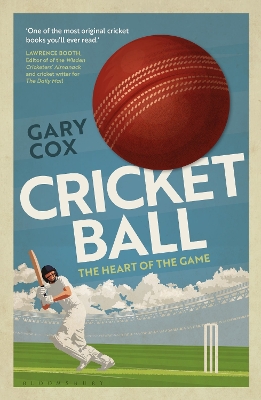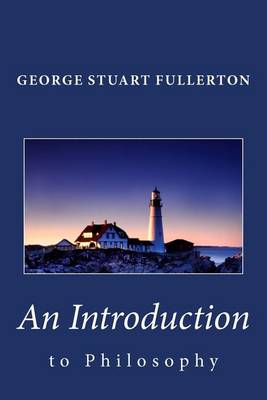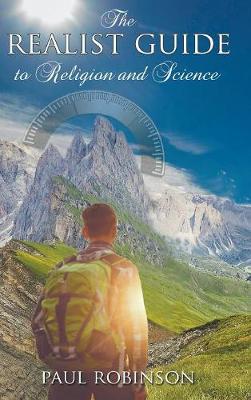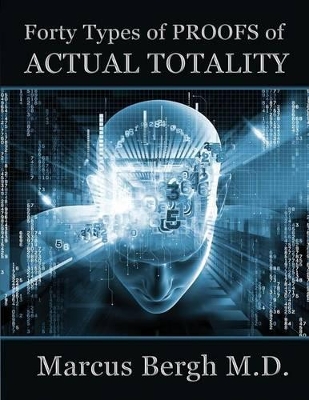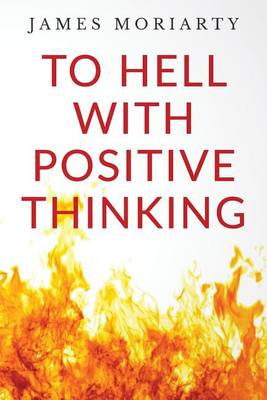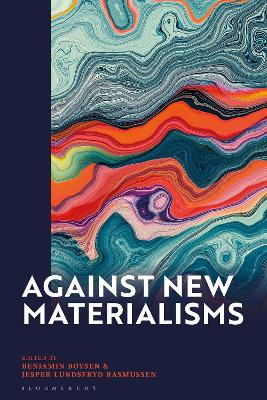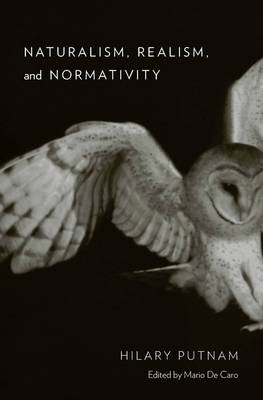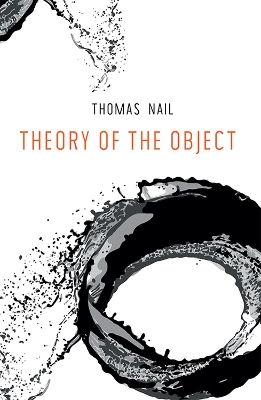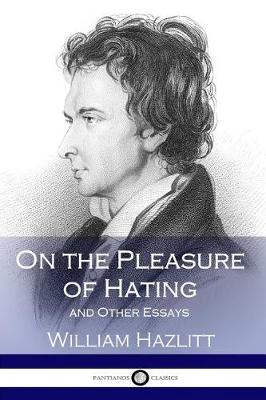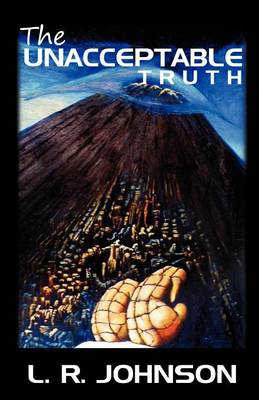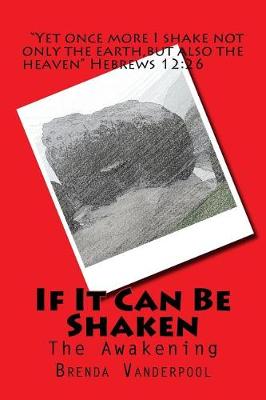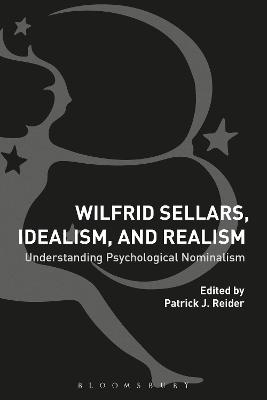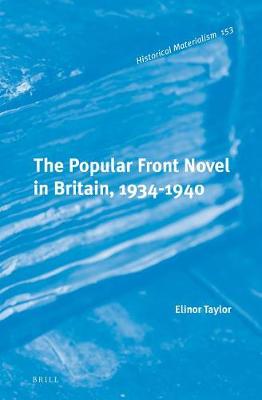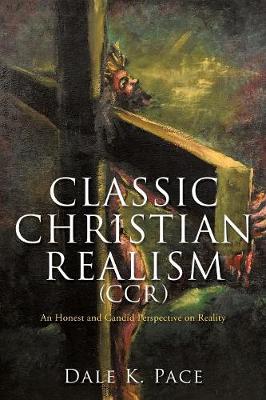Truth: Its Nature, Criteria and Conditions (Philosophische Analyse / Philosophical Analysis, #42)
by Haig Khatchadourian
Truth: Its criteria and conditions is an in-depth critical-and-constructive inquiry in almost equal measure. The theories of the nature of empirical truth critically considered include two forms of the traditional correspondence theory; truth as appraisal; truth as identity of proposition and truth; en emotive theory of truth; P.F. Strawson's performative theory, and N. Rescher's novel theory of a coherentist criterion of truth. The constructive parts include an analysis of the concept of "a fac...
In Life's Values Alan H. Goldman seeks to explain what is of ultimate value in individual lives. The proposed candidates include pleasure, happiness, meaning, and well-being. Only the latter is the all-inclusive category of personal value, and it consists in the satisfaction of deep rational desires. Since individuals' rational desires differ, the book cannot dictate what will maximize your own well-being and what in particular you ought to pursue. However it can tell you to make your desires r...
Frank Ramsey and the Realistic Spirit (History of Analytic Philosophy)
by Steven Methven
This volume tracks Ramsey's philosophical development over the course of his short life, arguing that there runs throughout Ramsey's work a methodological commitment to philosophising in what he called 'the realistic spirit', a commitment which is only given that name by him in 1929, the final year of his life. This commitment is characterised by the rejection of various (though not all) forms of realism, not as false, but as nonsensical. A large part of the book is concerned with characterising...
Wilfrid Sellars, Idealism, and Realism
Wilfrid Sellars, Idealism, and Realism is the first study of its kind to address a range of realist and idealist views inspired by psychological nominalism. Bringing together premier analytic realists and distinguished defenders of German idealism, it reveals why psychological nominalism is one of the most important theories of the mind to come out the 20th century. The theory, first put forward by Wilfrid Sellars, argues that language is the only means by which humans can learn the types of so...
What are the materials of conscious perceptual experience? What is going on when we are consciously aware of a visual scene, or hear sounds, or otherwise enjoy sensory experience? In this book David Papineau exposes the flaws in contemporary answers to this central philosophical question and defends a new alternative. Contemporary theories of perceptual experience all hold that conscious experiences reach out into the world beyond the mind. According to naive realism, experiences literally inco...
Thucydides, Hobbes, and the Interpretation of Realism
by Laurie M. Johnson
This original book has been consistently cited by scholars of international relations who explore the roots of realism in Thucydides's history and the political philosophy of Thomas Hobbes. While acknowledging that neither thinker fits perfectly within the confines of international relations realism, Laurie M. Johnson proposes Hobbes's philosophy is more closely aligned with it than Thucydides's.
Erich Auerbach and the Secular World (Literary Criticism and Cultural Theory)
by Jon Nixon
Auerbach was one of the foremost literary critics of the 20th century whose work has relevance within the fields of literary criticism, historiography and postcolonial theory. The opening chapter of this book explains how he understood the task of interpretation and his role as an interpreter. The following chapter outlines the important phases in his life with reference to the writers and thinkers who influenced him in his thinking and practice. The central chapters of the book focus on specifi...
No object encapsulates the subtle, mysterious richness of cricket as much as its most famous character, the cricket ball: the swinging, bouncing, spinning heart of the glorious game. Gary Cox tells us the life story of the ball in its many guises: new ball, old ball, live ball, dead ball, no-ball, lost ball, swing ball and dot ball. He untangles the complexities of spin bowling (with a little help from Shane Warne), the tricks and cheats involved in ball tampering (including a look at the 2018...
An Introduction to Philosophy (Introduction to Philosophy) (Classic Philosophy Books)
by George Stuart Fullerton
This anthology is a thorough introduction to classic literature for those who have not yet experienced these literary masterworks. For those who have known and loved these works in the past, this is an invitation to reunite with old friends in a fresh new format. From Shakespeare s finesse to Oscar Wilde s wit, this unique collection brings together works as diverse and influential as The Pilgrim s Progress and Othello. As an anthology that invites readers to immerse themselves in the masterpiec...
Against New Materialisms
This is the first collection to offer comprehensive scrutiny of the theories associated with new materialisms, including but not limited to: speculative realism, new materialism, object-oriented ontology and actor-network theory. One of the most influential trends in the humanities and social sciences in the last decades, new materialisms embody a critique of modernity and a pledge to regain immediate reality by focusing on the materiality of the world – human and nonhum...
Hilary Putnam's philosophical oeuvre has been called "the history of recent philosophy in outline"-an intellectual achievement that has shaped disciplinary fields from epistemology to ethics, metaphysics to the philosophy of physics, the philosophy of mathematics to the philosophy of mind. Naturalism, Realism, and Normativity offers new avenues into the thought of one of the most influential minds in contemporary analytic philosophy. The essays collected here cover a range of interconnected top...
Thomas Nail approaches the theory of objects historically in order to tell a completely new story in which objects themselves are the true agents of scientific knowledge. They are processes, not things. This is the first history of science and technology, from prehistory to the present, illuminating the agency, knowledge and mobility of objects.
On the Pleasure of Hating (Great Ideas) (Penguin Great Ideas)
by William Hazlitt
Throughout history, some books have changed the world. They have transformed the way we see ourselves - and each other. They have inspired debate, dissent, war and revolution. They have enlightened, outraged, provoked and comforted. They have enriched lives - and destroyed them. Now Penguin brings you the works of the great thinkers, pioneers, radicals and visionaries whose ideas shook civilization, and helped make us who we are.
Wilfrid Sellars, Idealism, and Realism
Wilfrid Sellars, Idealism, and Realism is the first study of its kind to address a range of realist and idealist views inspired by psychological nominalism. Bringing together premier analytic realists and distinguished defenders of German idealism, it reveals why psychological nominalism is one of the most important theories of the mind to come out the 20th century. The theory, first put forward by Wilfrid Sellars, argues that language is the only means by which humans can learn the types of so...
The Popular Front Novel in Britain, 1934-1940 (Historical Materialism Book, #153)
by Elinor Taylor
In The Popular Front Novel in Britain, 1934-1940, Elinor Taylor provides the first study of the relationship between the British novel and the anti-fascist Popular Front strategy endorsed by the Comintern in 1935. Through readings of novels by British Communists including Jack Lindsay, John Sommerfield, Lewis Jones and James Barke, Taylor shows that the realist novel of the left was a key site in which the politics of anti-fascist alliance were rehearsed. Maintaining a dialogue with theories of...
